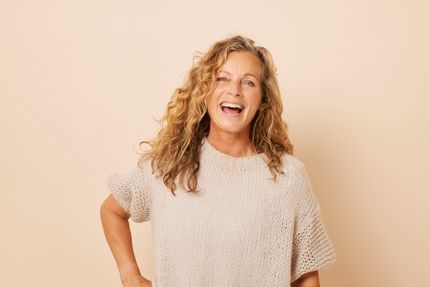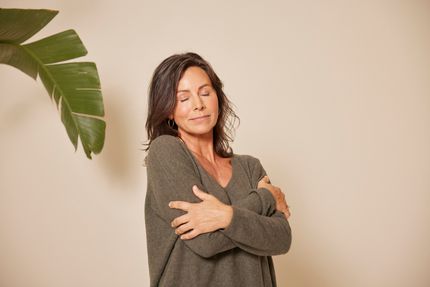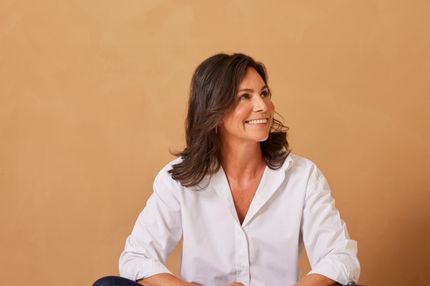

Wies: “I used to joke that sleep was my hobby, until menopause arrived...”
I used to be the champion of sleep. As soon as I hit the pillow, I’d be out like a light and wake up the next morning. I loved taking naps during the day. Then – boom – menopause pulled the rug from under my feet. Overnight, everything changed.
Broken sleep mechanism
It was almost as if my brain had been rewired to sleep badly. I did not feel like myself. “It’s like my sleep mechanism is broken,” I kept repeating. I couldn’t fall asleep and would wake up around 4.00 AM, unable to go back to sleep.
The first week I tried to stay calm, hoping this was a temporary thing. But when I was still sleeping poorly after two weeks, I went to see a gynaecologist I knew through work. I knew that hormone replacement therapy is sometimes used to treat insomnia. I did not have any other menopausal symptoms, but not being able to sleep was reason enough to get help. I simply could not function without proper sleep.
What can help with sleep problems?
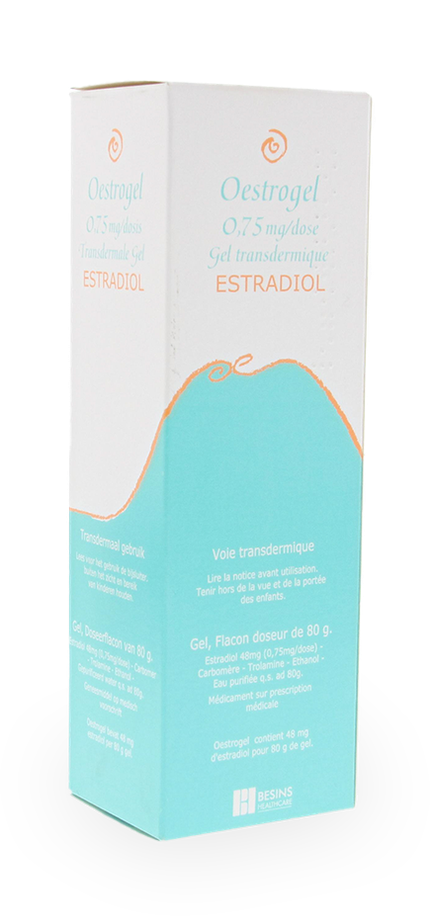
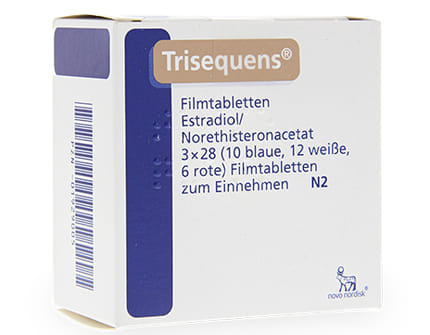


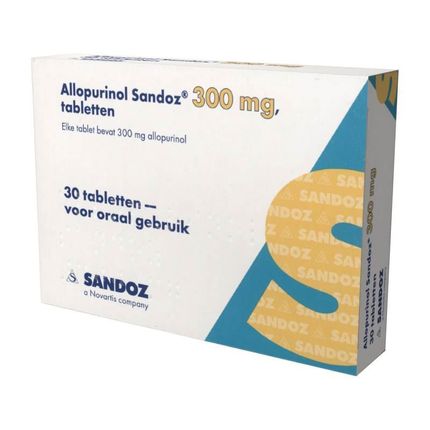
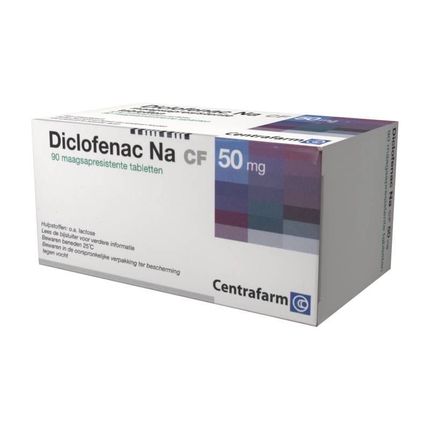
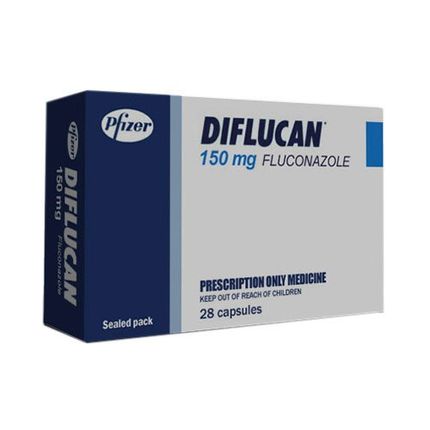
HRT as a treatment for insomnia
I was prescribed Utrogestan (progesterone pills) and Lenzetto (spray with estradiol). You may find this hard to believe, but within weeks my insomnia was cured. The progesterone pills worked liked magic. They are usually prescribed to protect the womb lining, but they also have a mild sedating action which helps improve sleep.
This fixed my insomnia almost immediately! I was so excited about it that I recommended HRT to all my friends with sleep problems. Of course, hormone therapy is not for everyone, but many women benefit from it. The fact that HRT reduces hot flashes is an added bonus.

I was so excited about it that I recommended HRT to all my friends with sleep problems.

Sleep problems can go away on their own
All this happened several years ago. Now that I'm a few years older, my sleep pattern seems to have changed. Changes to our internal clocks, as our bodies produce less of the sleep hormone melatonin and produce more urine, are one reason older people sleep less soundly. The result? Nocturia, a condition where you wake up to go to the bathroom more than once a night.
I agree. Most nights I’m up at least once, but you won’t hear me complaining. Late nights and alcohol are a thing of the past. If it messes with my sleep, I avoid it! Here's a comforting thought to hold onto: most sleep problems resolve on their own in postmenopause.
Sleep tight!
Who is Wies?
Wies Verbeek (58) is a healthy ageing journalist, founder of website BLOW.nl, and author of ’n Beetje Leuk Ouder Worden, 101 verrassende en bewezen tips (Ageing Happily, 101 surprising tips that work). And... she's going through menopause like the rest of us.
Possibly of interest to you









